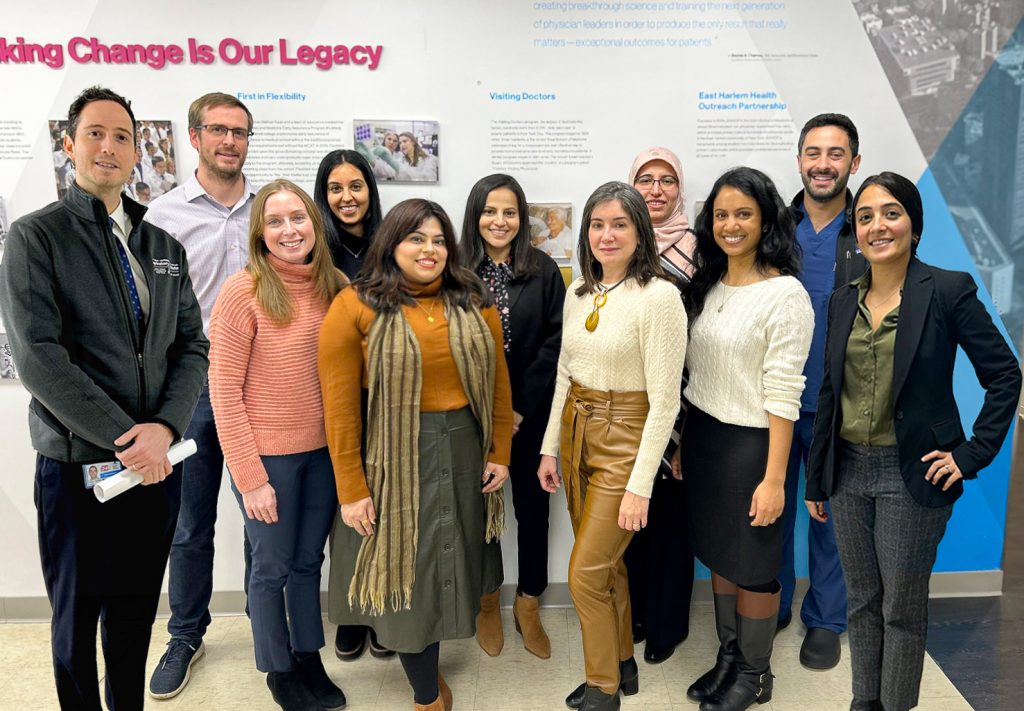 We explore the intricate link between obstructive sleep apnea and cardiovascular disease, utilizing advanced techniques in epidemiology, cardiovascular imaging, proteomics, and machine learning.
We explore the intricate link between obstructive sleep apnea and cardiovascular disease, utilizing advanced techniques in epidemiology, cardiovascular imaging, proteomics, and machine learning.
The overarching goal of the Shah lab is to understand the intricate relationship between obstructive sleep apnea (OSA) and cardiovascular disease (CVD), challenging prevailing assumptions, particularly in atherosclerosis-related events. Our interdisciplinary team, with expertise in sleep medicine, CVD, proteomics, machine learning, bioinformatics, and AI technologies, employs epidemiological tools, cardiovascular imaging, and advanced statistical methods to unravel this complexity and assess OSA treatment heterogeneity. Leveraging advanced machine learning techniques, we analyze large trials (ISAACC, SAVE) and cohorts (HCHS/SOL, MESA) to characterize associations between sleep disturbances and health outcomes, develop prediction tools for sleep apnea and CVD risk, and understand treatment effects in OSA patients. Additionally, our partnership with the Biomedical and Engineering Imaging Institute enables us to utilize hybrid PET/MRI technology to image and quantify atherosclerosis in OSA patients and integrate proteomics in determining its distribution across subgroups and identifying those who benefit most from CPAP therapy. Our lab often collaborates with other research groups within Mount Sinai, in the New York metropolitan area, throughout the United States and internationally. Our work aims to revolutionize the management of OSA, optimize patient outcomes and mitigate cardiovascular risks.
